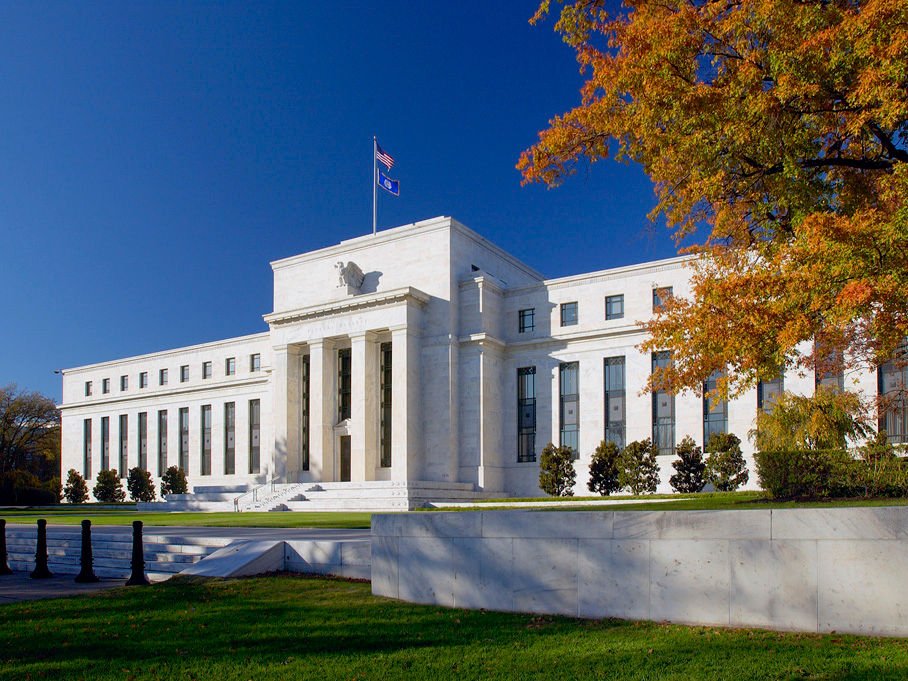The US economy is fighting record-high inflation and the Federal Reserve is continuing its efforts to contain prices by raising interest rates. The Consumer Price Index (CPI) data released in October revealed that inflation eased slightly to 8.2% in September year-over-year from 8.3% in August.
The Fed is expected to announce another raise at the end of its two-day Federal Open Market Committee (FOMC) meeting on November 2. The FOMC is the body within the Fed that decides monetary policy, including interest rates. Further hikes are anticipated at committee meetings scheduled in November and December.
Also Read | Where to invest during high inflation?
How does a Fed hike work?
As the Federal Reserve is in charge of the country’s monetary policy, its dual motive is to promote “maximum employment and stable prices in the US economy”. Stable prices mean keeping inflation in check, with a long-term average annual target of 2%. In 2020, CPI inflation was 1.4%, and 7% in 2021.
Also Read | The 2008 market crash: Inside the doomsday machine and a brief history
The federal funds rate, the rate at which banks charge each other for overnight loans, is one of the Fed’s main tools to impact inflation. However, the Fed doesn’t directly control all interest rates, when it raises the federal funds rate, all other interest rates eventually follow suit, including adjustable-rate mortgages, credit cards, home equity lines of credit, and other loans. Some of these are linked to the prime rate, which is based on the federal funds rate.
Also Read | How inflation affects RBI’s interest rate policy
A hike in federal funds rate also impacts the US 10-year Treasury bond, which impacts mortgages. Borrowing money then becomes more expensive for consumers, who in turn reduce spending. Demand starts to decline and inflation, in theory, begins to relent.
Some Americans, particularly seniors, see their coffers buoyed by higher bank savings rates.
Also Read | US Fed meeting: When and where to watch the FOMC press conference
Interest rate hike’s impact on stocks
Interest rate hikes cause volatility in the stock market. The value of future earnings tends to decline when higher interest rates are expected, making investors less eager to bid up stock prices, according to US Bank.
Also Read | Great Depression to COVID: Top 5 market crashes in American history
Higher interest rates are meant to slow down the economy, which can affect revenues for companies, potentially damaging their growth and stock prices







